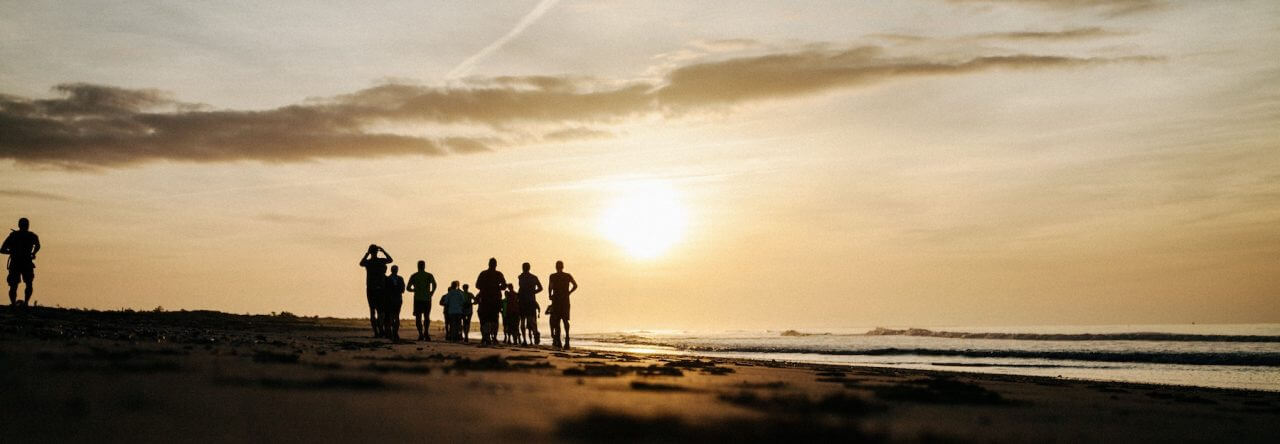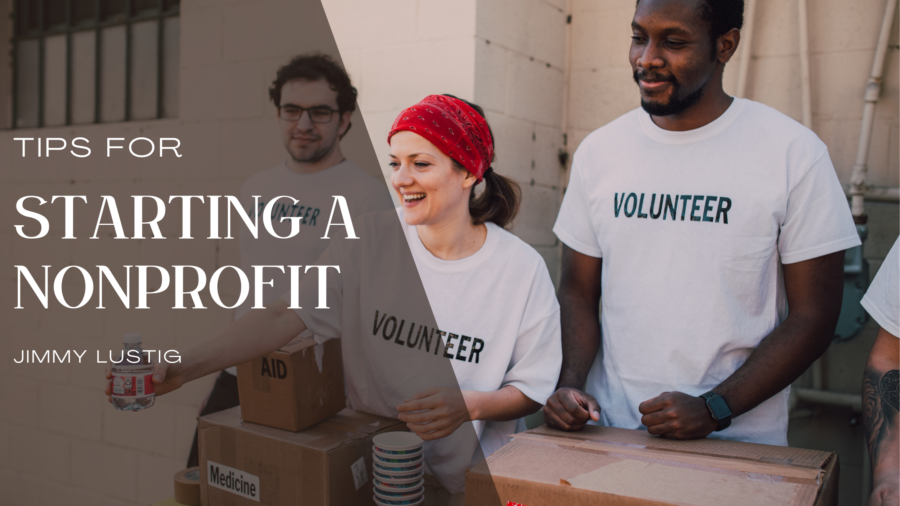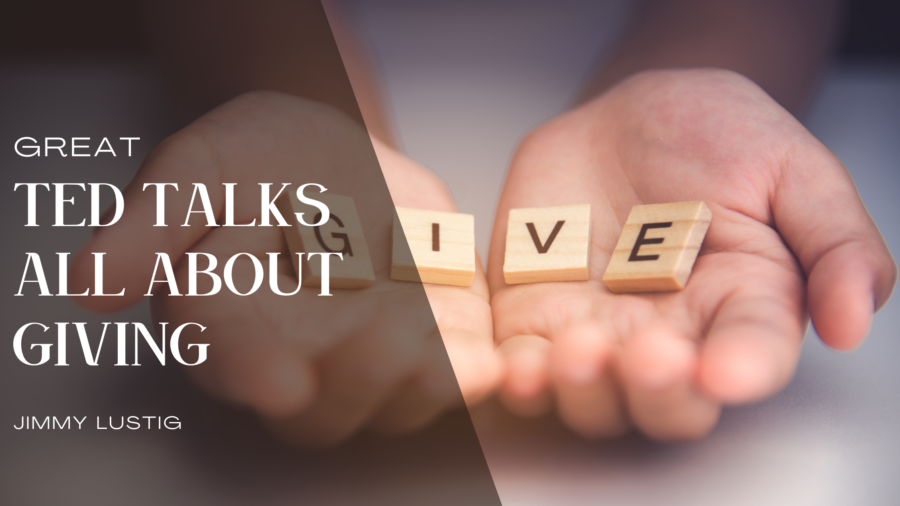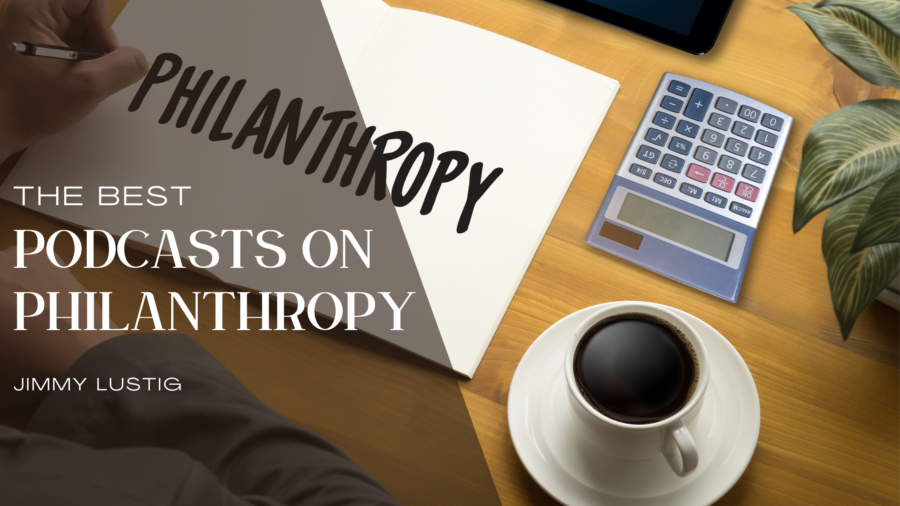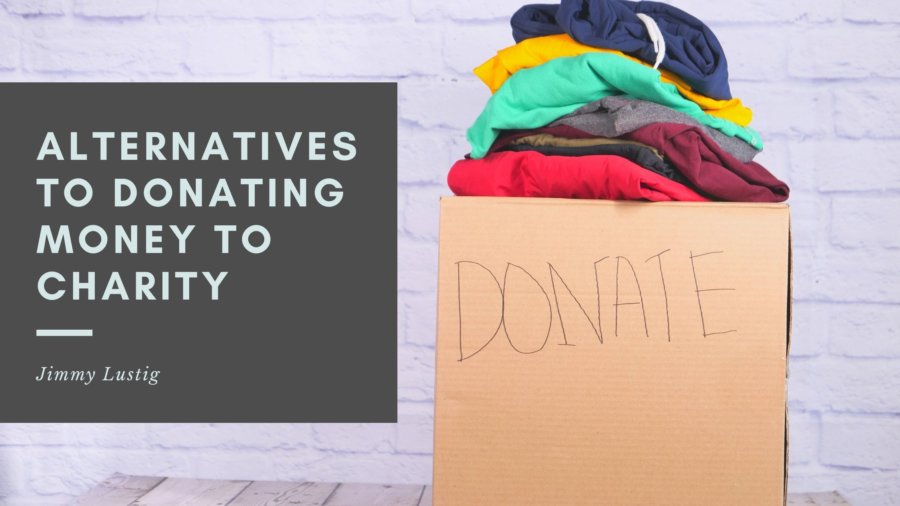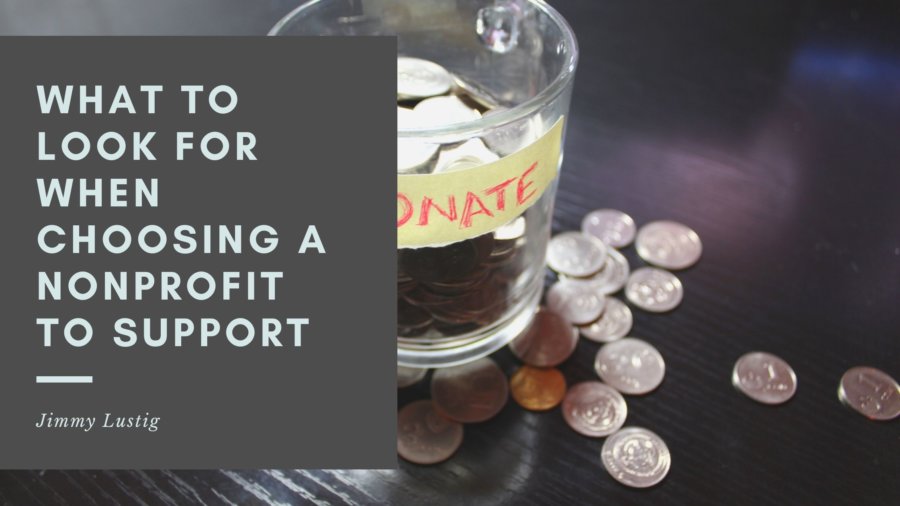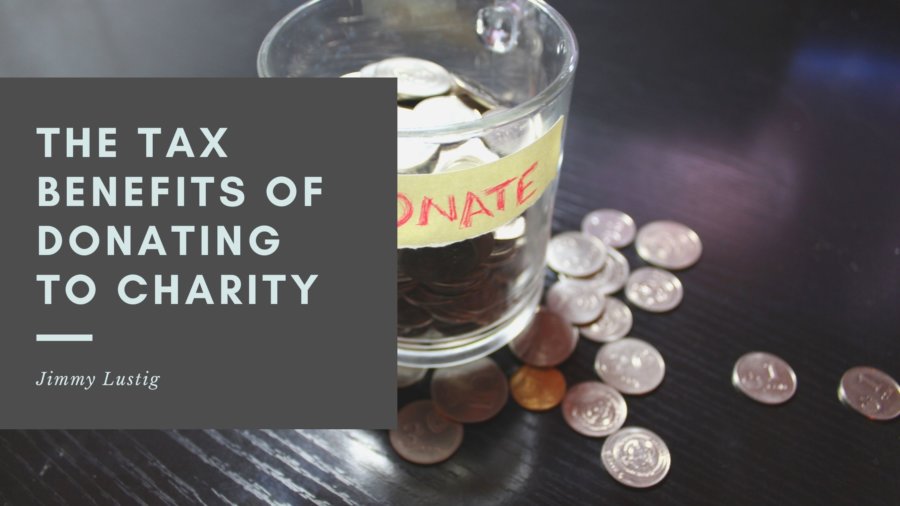On February 24, 2022, the Russian Federation launched airstrikes against the Ukrainian capital of Kyiv as well as other parts of the country. This sudden escalation has caused millions of Ukrainian citizens to leave their homes and flee their country with no place else to go, not knowing if they’ll ever be able to safely return. The citizens of Ukraine are currently in dire circumstances and support is needed across the board. This is where a multitude of nonprofit organizations have come in, doing everything in their power to help the citizens of Ukraine by providing food, clothing, and safe places to sleep at night. Many nonprofits are accepting donations that are going directly to Ukrainian citizens but sometimes it’s hard to determine which organizations are best. Here are a few of the top nonprofits providing relief to Ukraine.
International Medical Corps has been working to provide medical, mental health, and protection services to the people affected by the war in Ukraine. Some of the ways the organization is helping include providing medical supplies such as PPE in order to prevent the spread of COVID-19, as well as offering gender-based violence response services for women, children, and others who tend to face risks during these kinds of conflicts.
World Central Kitchen is currently providing thousands of meals to people who have fled their homes as well as those who have chosen to stay in Ukraine. WCK arrived on the scene within days of the initial invasion and began feeding families who were traveling long distances to flee the country, as well as mobilizing local restaurants in order to feed those still in the country by utilizing railway systems and hospitals, as well as even delivering them directly to people in their homes.
Save the Children provides immediate aid to the families affected by the war, such as food, water, hygiene kits, and cash assistance. They’ve been operating in Ukraine since 2014, doing what they can to make sure children have access to education, psychosocial support, and much more. Their site states that for every $100 donated, they’re able to provide a month’s worth of nutritious food to a family in crisis.
